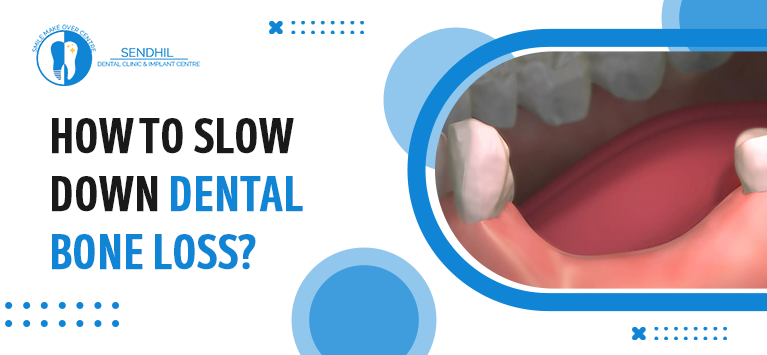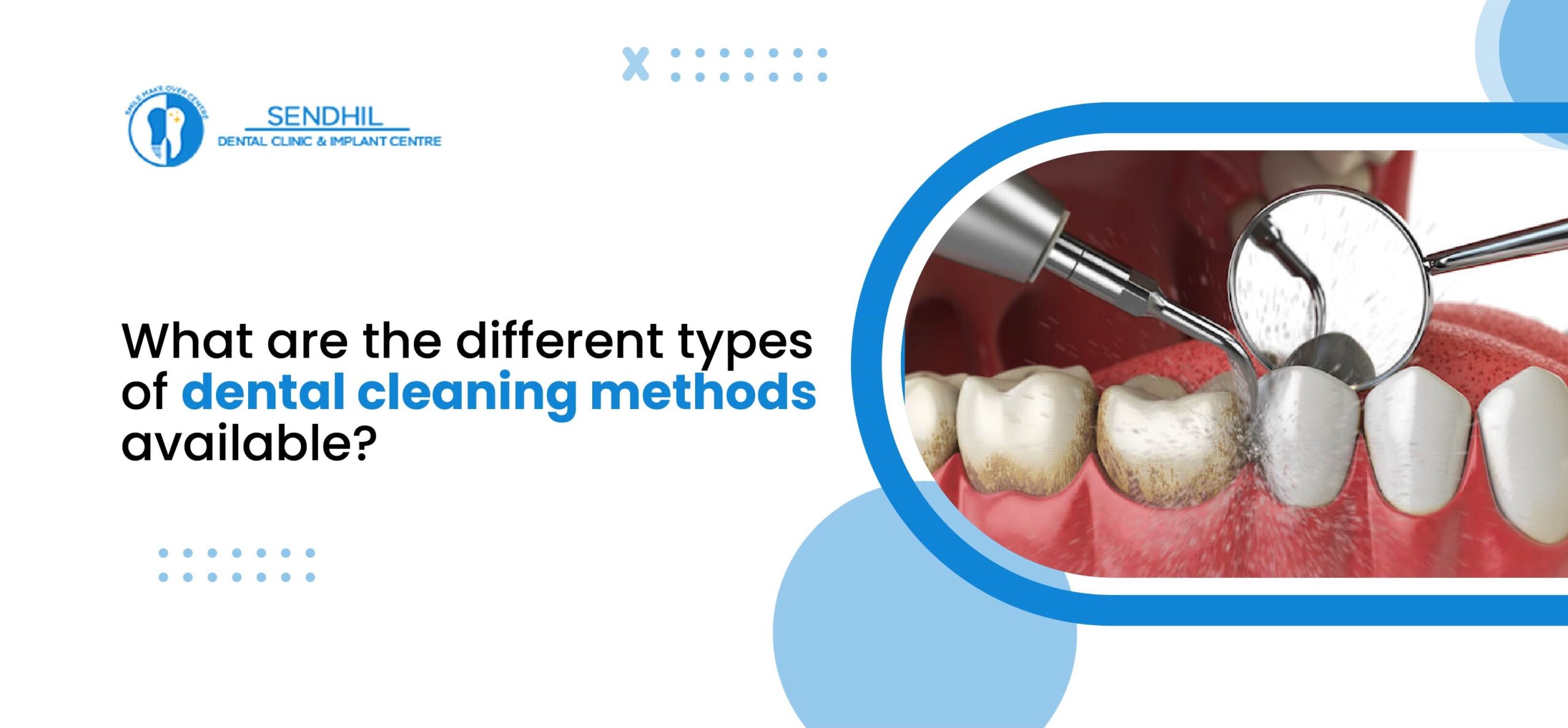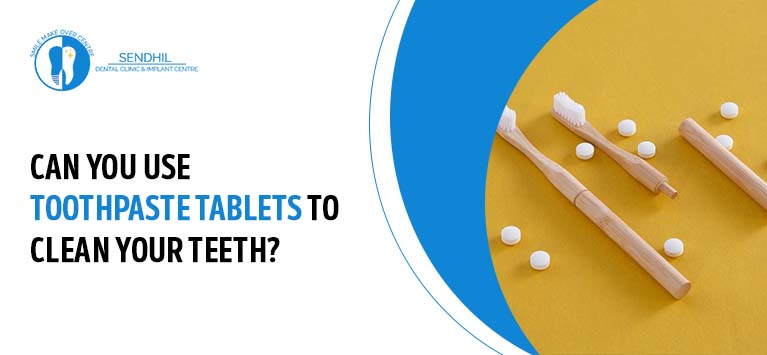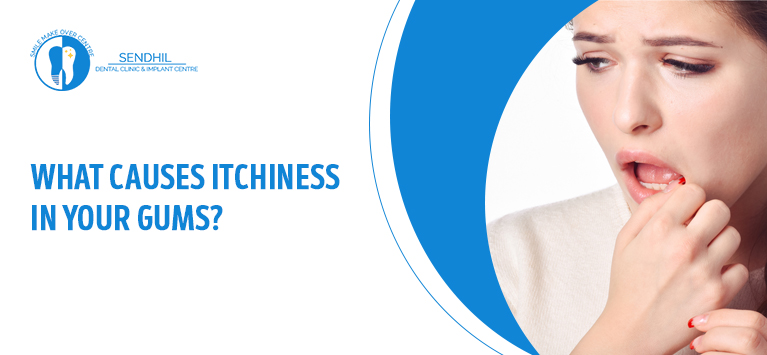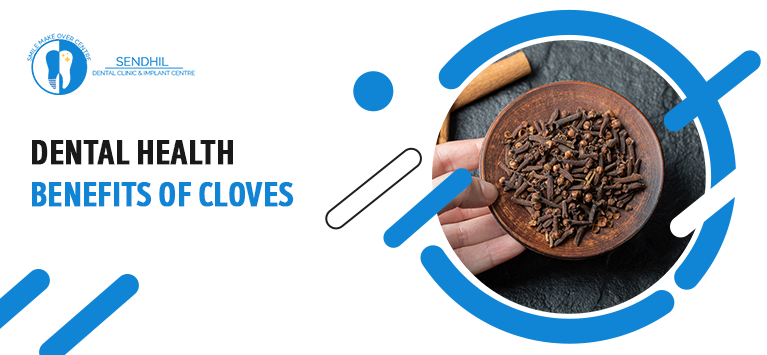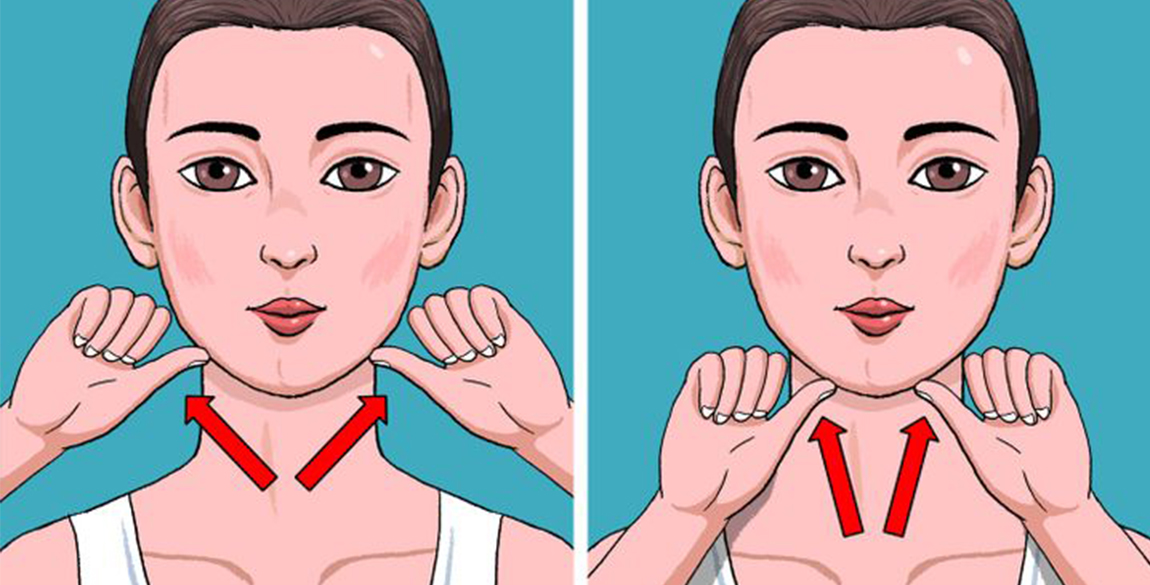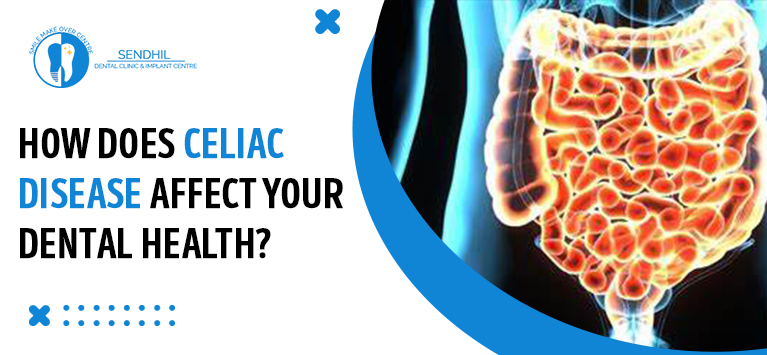
How does celiac disease affect your dental health?
Celiac disease is a genetically inherited autoimmune disease that causes pain and inflammation in the gut due to gluten intake. Hence this condition is also called gluten-sensitive entropathy. Celiac spruce, Nontropical spruce also refer to this condition.
Gluten is a protein, and it is found in grains like wheat, barley, and other cereals. Eating gluten foods will provide proteins and nutrients to our bodies. On the contrary, the body of celiac patients would overreact to the protein and damage the linings of their small intestines. In such circumstances, the gastrointestinal tract shows abnormalities like bloating, abdominal pain, diarrhea, constipation, etc.
The oral cavity usually shows signs of celiac disease earlier than the digestive system. It implies that celiac disease will impact your teeth and gums.
Table of Contents
How does celiac disease affect your dental health?
The linings inside the small intestine aim at promoting nutrient absorption. When they are damaged, the intestine cannot absorb nutrients from foods properly. Hence malnutrition occurs. Likely, it obstructs our body from absorbing calcium, and vitamin D, which are essential for the development of bone, teeth, and enamel.
Thus, gluten-induced intestinal damage indirectly affects oral health and provokes problems like enamel defects, improper development of teeth, etc. It is followed by increasing the chances of developing cavities and teeth loss.
What are the dental problems caused by celiac disease?
As the calcium and nutrient intake is significantly reduced, celiac patients would encounter developmental disturbances of the teeth. Consequently, the following oral complications will occur:
- Delayed tooth eruption – Prolonged malnutrition will also affect the development of teeth. Dental experts revealed that children with celiac disease encounter delayed teething. Similarly, those children’s eruption of permanent teeth was delayed. Kids with slower dental development are highly prone to getting crowded teeth.
- Abnormal teeth appearance – As malnutrition intervenes in teeth development, teeth can develop in abnormal shape and color. Moreover, improper enamel formation also causes pitting of the teeth and makes a tooth appear translucent.
- Cavities – You might know that enamel is the hard protective covering of our teeth. As malnutrition blocks enamel from getting sufficient calcium, enamel does not develop properly. Teeth with enamel defects can be easily invaded by microbes and develop cavities.
- Dry Mouth – As discussed earlier, celiac patients encounter frequent diarrhea, leading to excessive fluid loss. In such cases, their bodies encounter an electrolyte imbalance, followed by dehydration. It alleviates salivary flow and causes dryness in their mouths.
Dryness in the mouth promotes bacteria growth and paves the way for dental problems like burning mouth syndrome, mouth rashes, gum diseases, etc.
What should celiac patients do to preserve their dental health?
As this condition is hereditary, its effects on the oral cavity begin before the teeth fully develop. Hence it is hard to prevent their impact and cause irreversible damage to teeth.
Luckily, you have solutions like veneers, dental crowns to hide the imperfections and obtain an impeccable look for your teeth. You should maintain proper dental hygiene activities to eliminate harmful microorganisms from your mouth.
In the meantime, it is necessary to indulge in the following activities to safeguard the small intestine so that the oral cavity:
- Maintain a gluten-free diet –As the body cannot tolerate gluten, and affects the small intestine, you should avoid gluten foods and their derivatives. Examples: Eggs, unprocessed beans, meat, fish, cheese, rice, fruits, vegetables, and dairy products.
- Take supplements – Nutritional supplements intake is crucial for people who have celiac disease because their bodies cannot absorb nutrients from foods that they take. Doctors prescribe celiac patients to take supplements for Calcium, Folate, Vitamin D, Iron, Magnesium, and Zinc.
Want to know more about the effect of celiac disease on dental health and therapeutic solutions to fix those oral problems? Ask us in the comment section. You will get a reply from our dentists soon.



